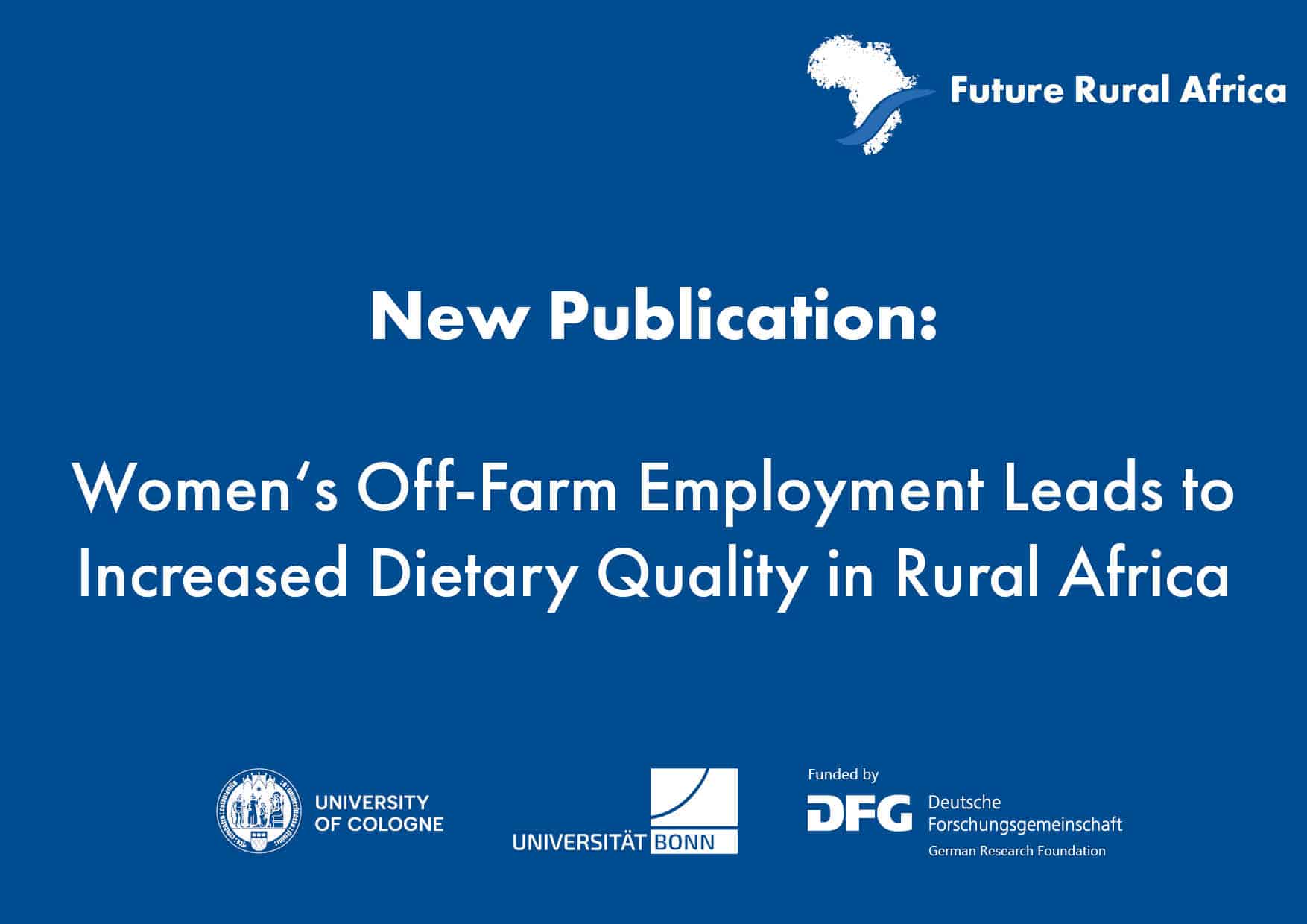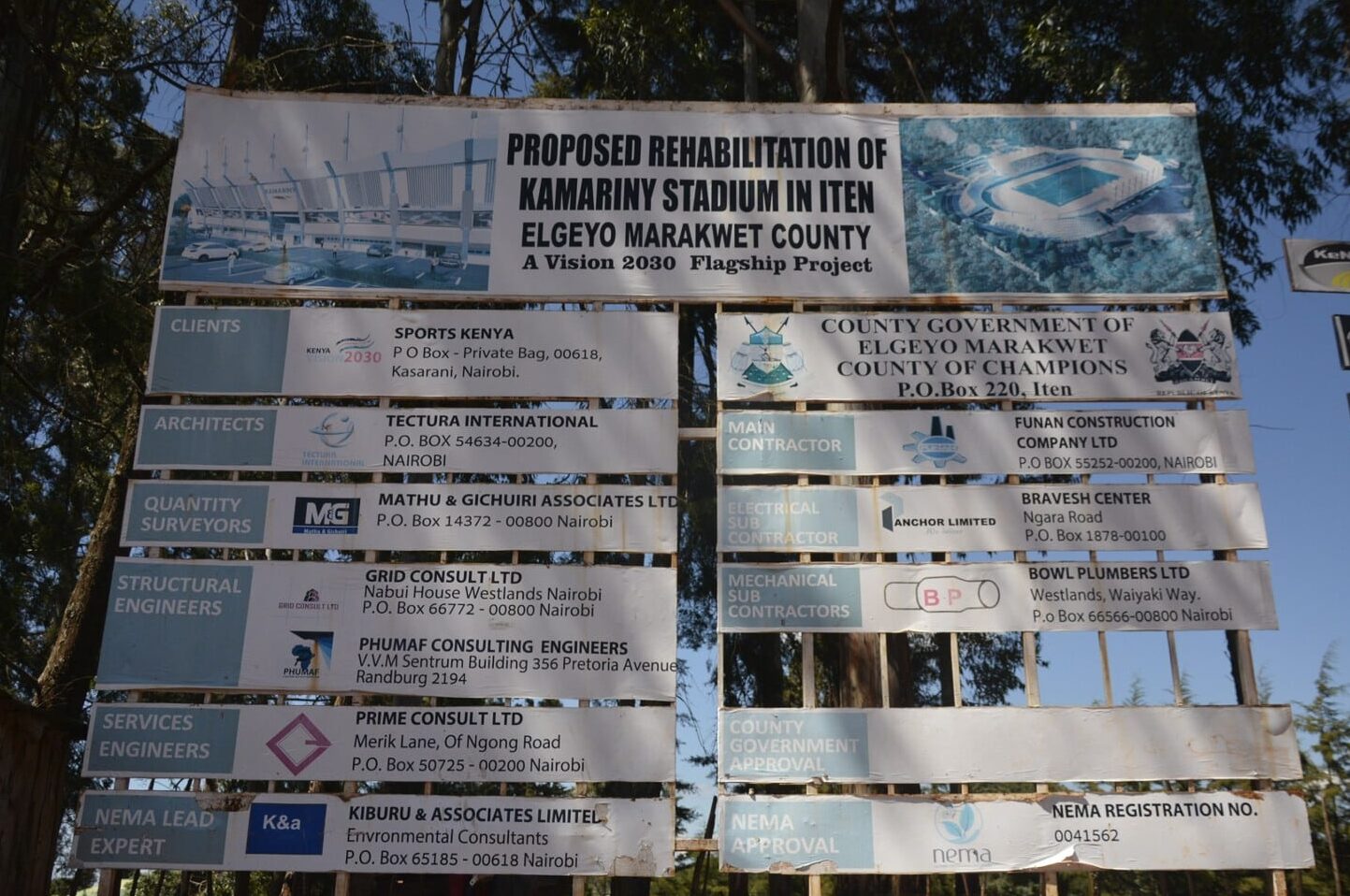Gideon Tups (C01 Future in Chains) and Astrid Matejcek (Project C04 Smart Futures) explore how digital connectivity projects in rural Tanzania’s agricultural sector, often promoted as “smart” solutions, actually depend on undervalued labor and hidden infrastructures. Using two case studies, it highlights the contrast between development narratives and the practical, often precarious work needed to implement and maintain these technologies.
Planning smart, working hard: unveiling the ‘hidden’ labour behind digital connectivity in Tanzanian agriculture
By Gideon Tups and Astrid Matejcek
Abstract
Digital connectivity is touted as a smart solution to spatial, informational and economical ‘problems’ at the global margins. At the threshold between development discourse and practice, (under)valued labour and (in)visible infrastructures, two case studies of digital connectivity projects in Tanzania’s agricultural sector illustrate the interplay of smart plans and hard work when digital infrastructures are set up between firms and farms. A conceptual emphasis on infrastructuring labour contributes to highlighting and scrutinising the supposed smartness of digital solutions in relation to the inherent hidden, frugal and precarious work required for their construction and maintenance.
Reference
Tups, G., Matejcek, A. 2025. Planning smart, working hard: unveiling the ‘hidden’ labour behind digital connectivity in Tanzanian agriculture. Territory, Politics, Governance, 1–20. DOI






